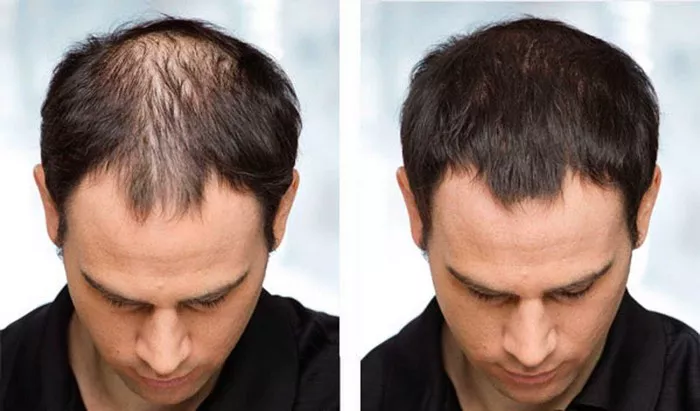Hair transplantation has become a popular and effective solution for individuals experiencing hair loss. As the procedure continues to gain widespread acceptance, it’s essential to address common concerns and misconceptions, one of which revolves around the longevity of transplanted hair. This article explores the question: Can transplanted hair fall out after a year?
Understanding the Hair Transplant Process
Before delving into the potential longevity of transplanted hair, it’s crucial to understand the hair transplant process. Hair transplantation involves extracting hair follicles from a donor site, typically the back or sides of the head, and implanting them into the recipient area where hair loss has occurred. The success of the procedure depends on various factors, including the skill of the surgeon, the quality of donor hair, and post-operative care.
The Shedding Phase: A Natural Process
It’s not uncommon for individuals who undergo a hair transplant to experience a shedding phase in the weeks following the procedure. This shedding, also known as shock loss, is a natural part of the hair transplant process. The transplanted hair follicles go through a temporary dormant phase before new hair growth begins. This shedding phase may contribute to concerns about the potential for transplanted hair to fall out after a year.
The Growth Cycle of Transplanted Hair
Understanding the growth cycle of transplanted hair is crucial in addressing concerns about long-term hair loss. After the shedding phase, the transplanted hair follicles enter an anagen phase, characterized by active hair growth. This phase can last for several years, providing individuals with a fuller and more natural-looking head of hair. The majority of transplanted hairs continue to grow just like natural hair.
Factors Influencing Long-Term Hair Retention
Several factors can influence the long-term retention of transplanted hair. The surgeon’s skill in performing the procedure, the patient’s overall health, and adherence to post-operative care instructions play significant roles. Additionally, the quality of the donor hair and the individual’s genetic predisposition to hair loss can impact the longevity of transplanted hair.
Post-Operative Care: A Critical Factor
Proper post-operative care is paramount in ensuring the success and longevity of a hair transplant. Patients are typically provided with detailed instructions on how to care for their newly transplanted hair, including gentle washing, avoiding excessive sun exposure, and refraining from activities that may strain the scalp. Adhering to these guidelines can significantly contribute to the survival of transplanted hair and prevent any potential complications.
Addressing Concerns About Long-Term Hair Loss
While shedding and temporary hair loss are normal in the initial weeks post-transplant, the likelihood of transplanted hair falling out a year or more after the procedure is minimal. Once the transplanted hair enters the anagen phase and establishes itself, it tends to behave like natural hair. However, it’s essential for individuals to manage their expectations and understand that factors such as age, genetics, and overall health can still influence long-term hair retention.
When to Seek Professional Advice
In some cases, individuals may notice persistent hair loss or changes in the transplanted hair’s texture and appearance after a year. If concerns arise, it is advisable to seek the guidance of the transplant surgeon or a qualified dermatologist. They can evaluate the individual’s specific situation, identify any potential issues, and recommend appropriate interventions to address them.
See Also: Using Hair Fibers After Hair Transplantation: A Full Guide
Conclusion
In conclusion, the fear of transplanted hair falling out after a year is largely unfounded. When performed by a skilled surgeon and coupled with proper post-operative care, hair transplantation is a reliable and long-lasting solution for hair loss. Understanding the natural growth cycle of transplanted hair, managing expectations, and adhering to post-operative guidelines are key elements in ensuring the success and longevity of the procedure. For those considering or undergoing a hair transplant, maintaining open communication with the transplant surgeon and seeking professional advice when necessary will contribute to a positive and satisfying outcome.


